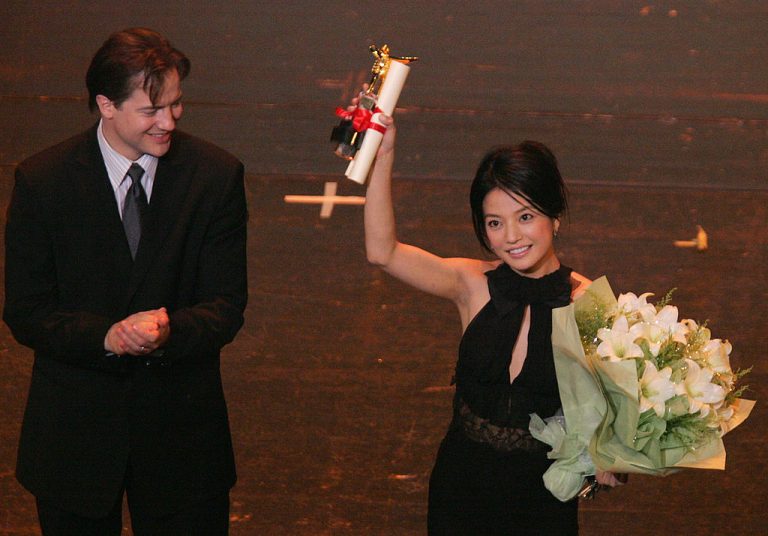Beijing has forbidden celebrities from publishing “unethical” content on social media. Such unethical content would include pictures of them showing off their wealth or luxurious lifestyles.
According to the Cyberspace Administration of China (CAC), the new rules not only apply to celebrity social media accounts but also their respective fan club accounts. They must now follow “public order and good customs, adhere to correct public opinion orientation and value orientation, promote socialist core values, and maintain a healthy style and taste.”
Celebrities have also been asked to not publish false or private information, spread rumors, provoke fan groups into verbally attacking each other, or ask fans to take part in “illegal fundraising or irrational investment.” The CAC rules came as the China Association of Performing Arts banned 88 individuals from live streaming. The group claims that the move is aimed at preventing “illegal and unethical” artists from reentering the industry as well as promoting “self-discipline” in the sector.
Back in September, Chinese celebrities were asked at a CCP-hosted entertainment industry symposium to take a stand against a societal culture that promotes “the decadent ideas of money worship, hedonism, and extreme individualism.”
The invitees to the symposium included major players of the entertainment industry as well as senior party officials. They were told that they need to abide by foundational values promoted by the regime such as social ethics, family values, and personal morality.
Success
You are now signed up for our newsletter
Success
Check your email to complete sign up
The Chinese government perceives celebrity culture and the relentless pursuit of fortune as a harmful byproduct of exposure to Western culture. Apparently, these qualities hold a grave threat to the Communist concepts of living, which is promoted as working for the whole community rather than “extreme individualism.”
The National Radio and Television Administration instructed internet platforms and television companies to “strictly control the selection of program actors and guests, and uphold political literacy, moral conduct, artistic level and social evaluation as selection standards.” Celebrities having “incorrect political positions” and who do not align with the party’s values must not be used in programs, the agency stated.
Beijing has been persistently and effectively trying to destroy what it terms to be “chaotic fan culture” by slapping legal suits and huge fines on big names from the entertainment industry. In August, the government circulated a list of “misbehaving celebrities” who had been blacklisted on social media. The list includes popular international stars such as Zhao Wei, Zheng Shuang, and Chinese Canadian pop sensation Kris Wu.
Wu was reportedly arrested on charges of suspected rape earlier this year. Zheng, a household name through several successful TV shows and movies, was fined $46 million in August by the Shanghai tax authorities due to alleged tax evasion.
Online video content referencing movie stars like Zhao Wei—known popularly as Vicky Zhao—has been wiped out. A forum dedicated to Zhao was also mysteriously shut down. Her name was removed from the credits of the TV series she had worked on.
“For some time now, artists’ moral failures and legal violations, the cultivation of younger idols, and ‘chaotic’ fandoms have attracted widespread attention in society. We must restore a clean and upright literary and artistic environment to the public,” state broadcaster CCTV stated earlier this year.
















